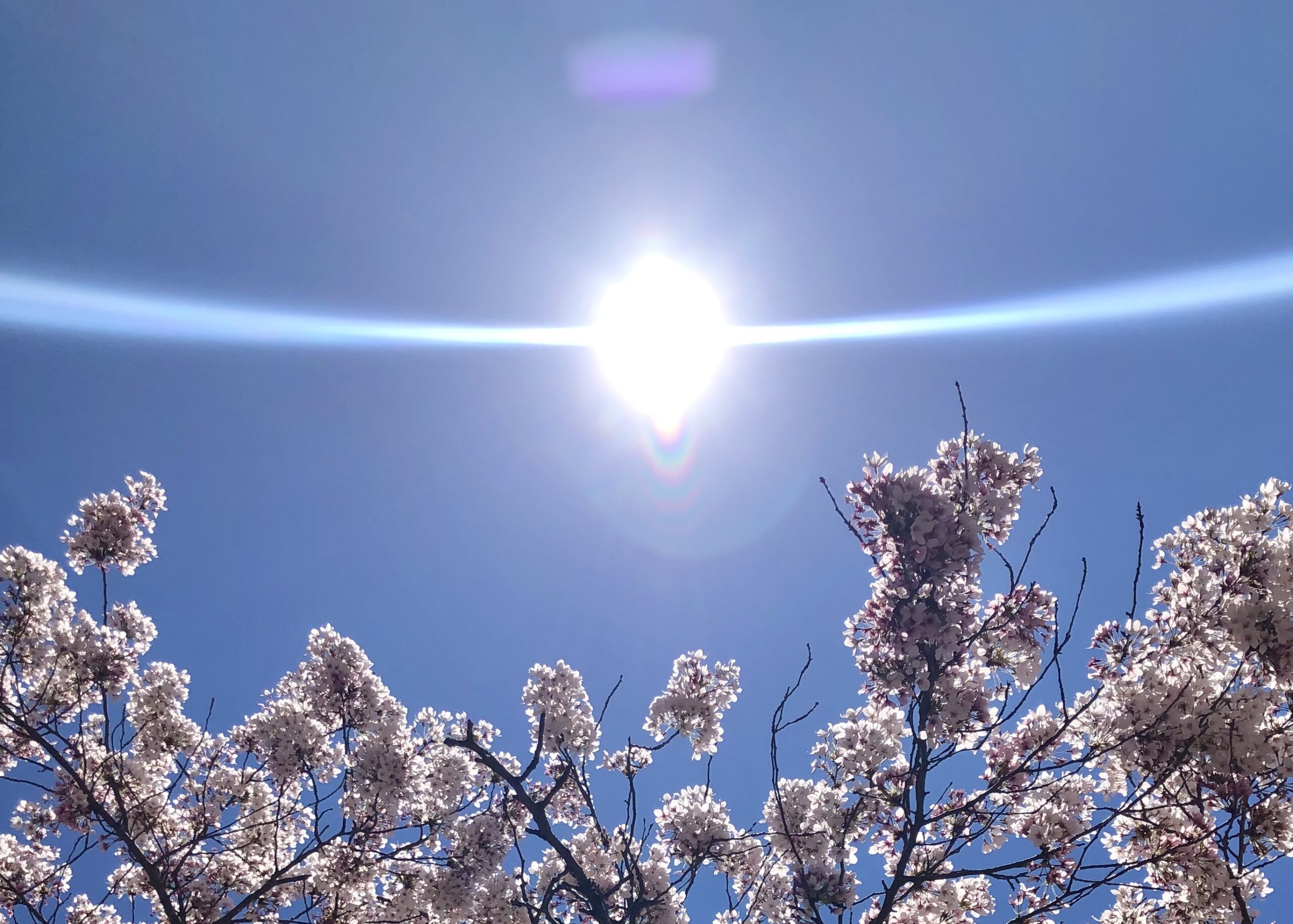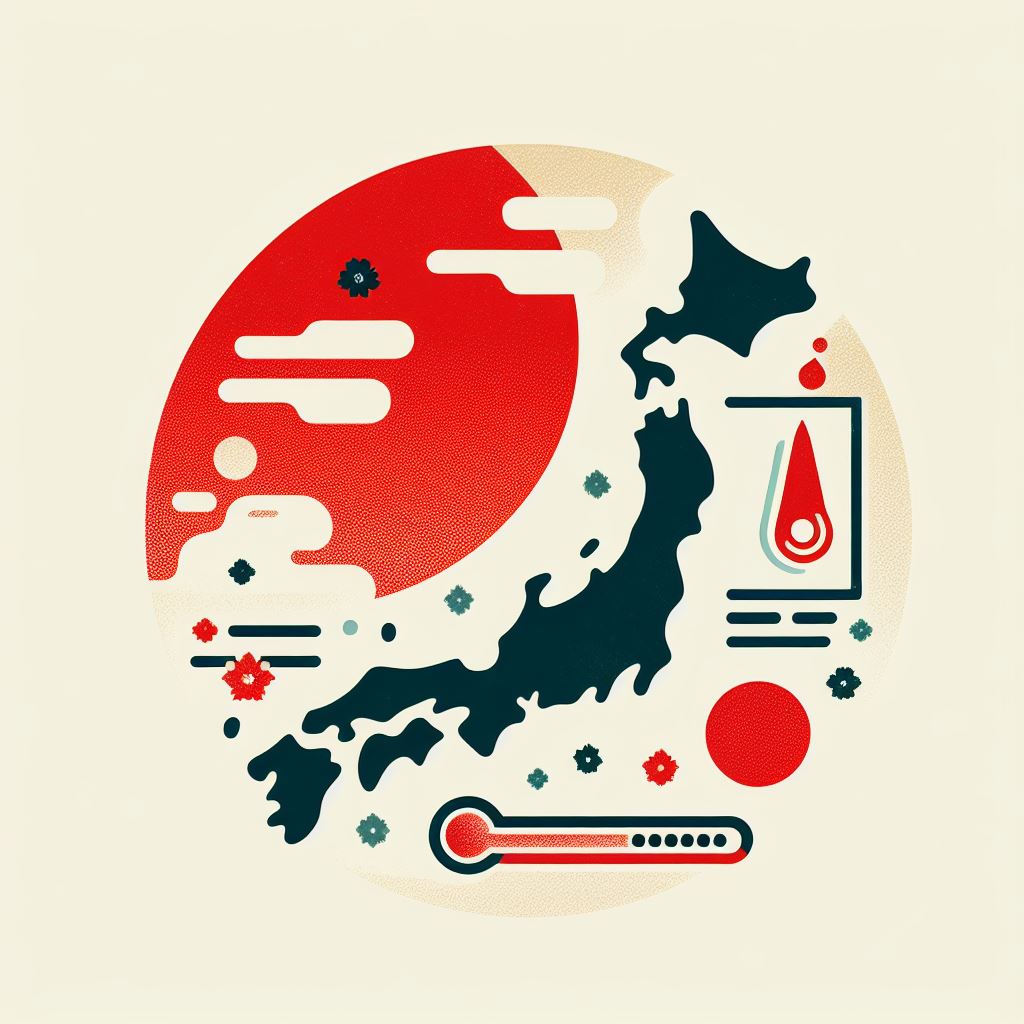Record-Breaking Heatwave: Japan’s Traditional Culture Faces New Threats
| By Eliana Pisons |
Global warming has a national impact on seasonal business and cultural traditions and transitions in Japan
As the world grapples with the escalating crisis of climate change, 2023 emerged as a stark reminder of the planet’s rising temperatures. According to data from multiple sources 2023 was officially declared the hottest year on record. This alarming record-breaking heatwave trend continued into 2024, with January of that year being the warmest ever documented.
The consequences of this unprecedented heat extend far beyond rising temperatures alone. One area profoundly affected by these changes is Japan, where the intricate dance of the seasons holds deep cultural significance.
Seasons and Cultural Traditions
In Japan, the transition between seasons is celebrated with great enthusiasm. Spring brings the iconic cherry blossom season, or Sakura, a time of renewal and fleeting beauty. Similarly, autumn ushers in Momiji, the season of vibrant leaves painting landscapes in fiery hues. These natural phenomena not only serve as picturesque backdrops but also play integral roles in Japanese traditions, festivals, and tourism.
However, the increasing temperatures due to climate change are disrupting these seasonal rhythms. The delicate balance necessary for the flourishing of cherry blossoms and autumn leaves is being thrown off-kilter. Warmer winters and erratic weather patterns can lead to premature blooming or delayed foliage, impacting the duration and intensity of these cherished seasons.

Climate Destruction Impacts Business and Academics
The consequences of these shifts are not merely aesthetic. They have tangible effects on various aspects of Japanese society. For instance, the Sakura season traditionally heralds the start of school and fiscal years, with many businesses planning events and promotions around the blossoms. Similarly, Momiji season attracts tourists from around the world, providing vital revenue for local economies. Moreover, these changes in seasons can have devastating ecological impacts, affecting biodiversity, agricultural practices, and even the behavior of wildlife.
Faster Fixes Needed to Reverse Environmental Disaster
In the face of such challenges, Japan, like many other nations, must adapt and mitigate the effects of climate change. Efforts to reduce greenhouse gas emissions, protect natural habitats, and promote sustainable practices are crucial steps towards preserving the beauty and cultural significance of Japan’s seasons.
As we reflect on the hottest year on record and its impact on the delicate balance of nature, it becomes increasingly clear that urgent action is needed to safeguard the seasons that shape our world and our lives.
 Previous post
Google Planning to Build London Data Center
Previous post
Google Planning to Build London Data Center


